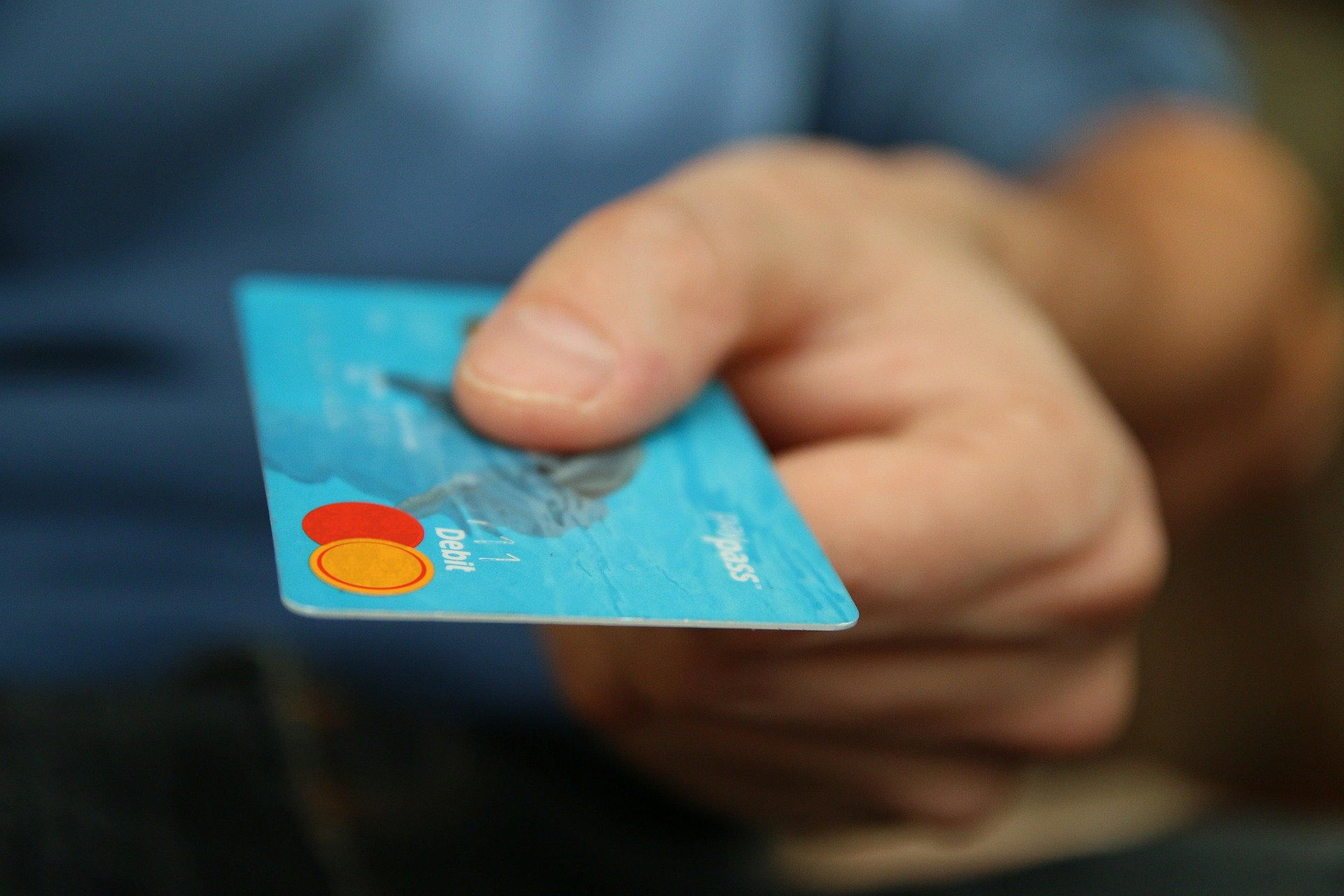Starting a business comes with many challenges, but overcoming these challenges is a big part of your entrepreneurial journey.
Some people choose to go to school before venturing into the business world, but it’s not completely necessary. Luckily, you’ve got the world wide web at your fingertips, and you can learn just about anything with the right amount of grit and determination.
After starting your business, you’ll quickly discover you need business credit to make things run a little smoother.
But how do you get business credit when you’re brand new to the scene?
We’re glad you asked. Let’s cover a few things you can do to generate and build business credit.
1. Check Your Credit Score
When you’re young, you hear so much about credit, but you don’t truly understand how important it is until you need it when you’re trying to purchase a home, car or need it for business proceedings.
The first thing you should do is check both credit scores—personal and business credit. If you don’t see anything for the business credit score, it means you haven’t generated any yet.
Signing up for a credit monitoring service is an ideal first step because it allows you to keep an eye on your score. You’ll have to work off your personal credit score until you generate business credit.
Most companies want you to have at least a 700 credit score to be approved for any type of business loan, line of credit, or lease.
2. Open a Business Checking Account
After you check your credit scores, it’s time to open a business checking account.
The bank you use for your personal checking account is an excellent place to start looking. See what types of accounts they have, how much they charge in fees per month, along with any other incentives down the road.
It’s beneficial to keep your personal and business finances separate. In doing so, you’ll make it easier for yourself around tax time since everything runs through your business account.
When you pay vendors, order supplies, or take payments, you want it all moving through your business account.
3. Apply for a DUNS Number
You’re probably familiar with Experian, Equifax, and Transunion since they’re all credit monitoring systems for personal credit.
A DUNS number will get you on the right track to establishing business credit when it comes to business credit. Once you develop relationships with vendors, you can ask them to attach your DUNS number to your account.
Your DUNS number also comes in handy when you want to apply for a government contract or grant.
Here’s what you need to apply for a DUNS number:
- Business name
- Business address
- Phone number
- Business owner’s name
- Year founded
- Legal business structure
- Number of employees
The best part is it’s free, which is a rarity when it comes to being in business.
4. Work with Vendors
No matter what type of business you have, you’ll have several vendors you work with to fuel your business. Creating healthy business relationships with vendors is a vital step in building business credit.
You want to look for vendors that offer business credit that you can attach to your DUNS number to boost your business credit.
Some businesses offer net 30 accounts you can use to get the ball rolling. This is a great starting point if you’re somewhat new to the business world.
5. Apply for Business Credit Cards
There are many different types of business credit cards, but it helps to know which ones to apply for. For example, if you operate as a sole proprietor, you may not qualify for some of the same business credit cards that some bigger corporations acquire.
Start with your banking institution and inquire with your personal banker about options best suited for your business.
If you haven’t built up much business credit, your personal credit score determines your eligibility. Most business credit cards require a minimum 700 credit score with positive payment history.
Don’t rush the process of applying when you aren’t entirely ready. Each time you apply for credit, your credit score takes a hit from the inquiry. So make sure your score, payment history, and resolve any outstanding debts before doing so.
Final Thoughts on Business Credit
Some find the idea of building business credit intimidating, but if you familiarize yourself with the ins and outs of business credit, it’s not so bad.
If you find the stress taking over, it’s necessary to set time aside for relaxation. Whether you choose to meditate, exercise, or put some tasty CBD gummies to work, make sure you’re finding and utilizing a much-needed outlet.
However, many entrepreneurs use CBD for its calming effect, especially taking a smaller amount to take the edge off and stay productive.
You’ll figure out a process that works for you, so when you’re ready to apply for a line of credit, working capital, or find a building to lease for a storefront, your business credit is there to help.



 Bitcoin
Bitcoin  Ethereum
Ethereum  Tether
Tether  XRP
XRP  Solana
Solana  USDC
USDC  TRON
TRON  Cardano
Cardano  Lido Staked Ether
Lido Staked Ether  Avalanche
Avalanche  Toncoin
Toncoin